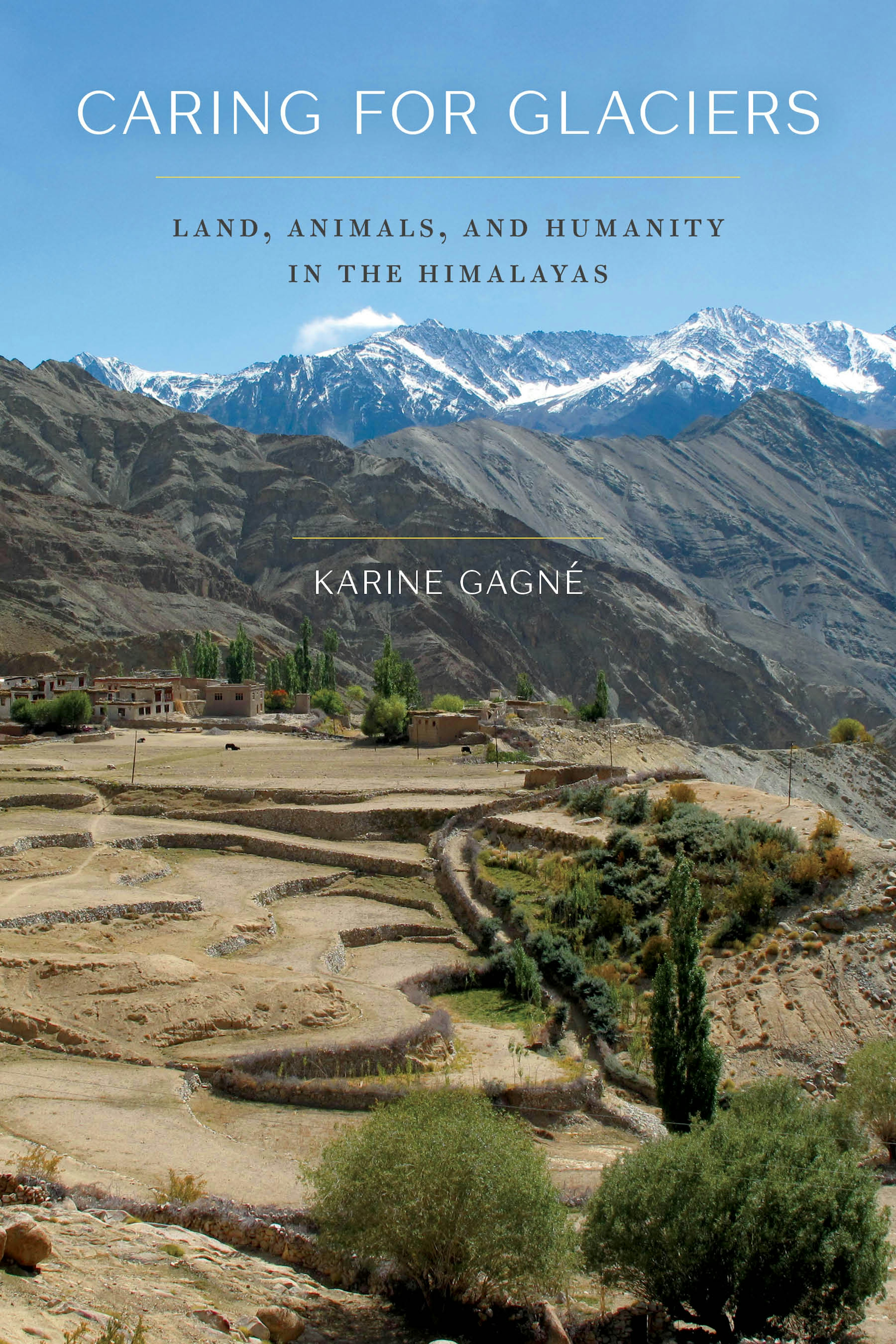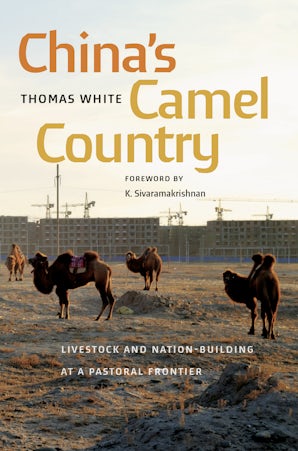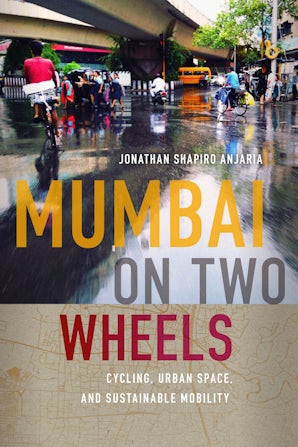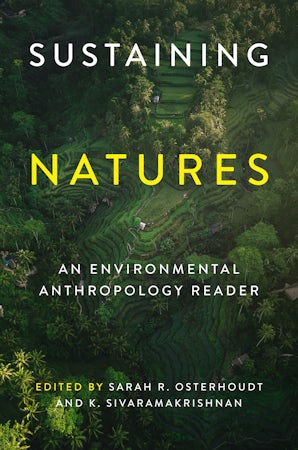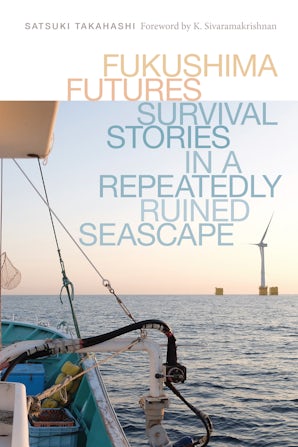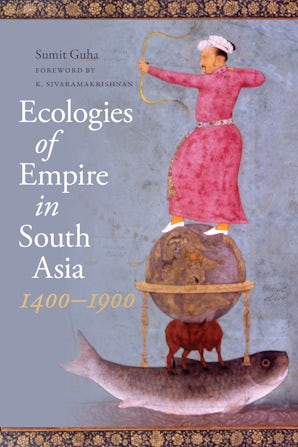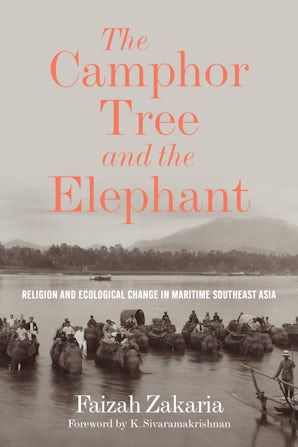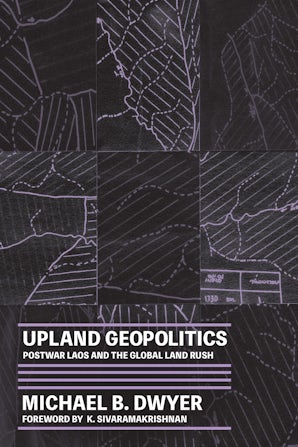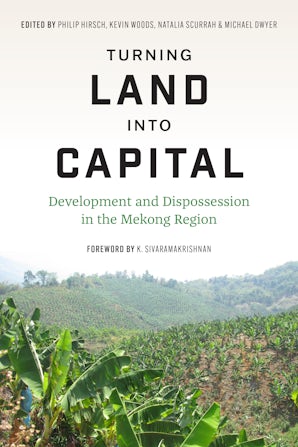"In an outstanding example of multispecies anthropology based on 18 months of field research in Ladakh, northwest India, Gagné (anthropology, Univ. of Guelph) examines the consequences of war since 1948, the militarization of the border, demographic shifts, economic transformations, and unpredictable rainfall on agro-pastoral communities. . . .Highly recommended."
-
Choice
"This refreshing, honest-to-life portrayal of ethnographic moments makes this an essential book for anyone interested in understanding contemporary issues in the Himalayas and changing human-cryosphere relationships. . . . Gagné demonstrates that the region becomes meaningful through the entanglements of land, animals, and humans. In Caring for Glaciers, readers learn that the ethics of care, which maintain these entanglements, are eroding. It is therefore a sobering gift."
-
Journal of Asian Studies
"[A]n evocative ethnography of how the Tibetan Buddhist Ladakhis on the borderlands of India’s northwestern frontier have coped with the dramatic changes in the context of their lives since the 1947 partition of India. [A] profoundly compelling story of how globalization, conflict, and climate change have transformed people and, yes, glaciers."
-
Journal of Anthropological Research
"[A]n eloquent ethnographic exploration of how ethics and morality are cultivated through the everyday practices of living in the high desert of Ladakh in the Indian Himalayas."
-
Anthropologica
"[A] unique integrative account of generational and climate resiliency in the Himalayas."
-
Anthropological Quarterly
"[A] rich and timely ethnography exploring the ethical dimen-sion of human entanglement with the non‐human world...The great strength of Caring for Glaciers lies in the depth of its ethnographic description, drawing out the entanglement of political and environmental factors in modern Ladakh. It deserves to be read not only by regional specialists, but by anyone with an interest in human relations with the more‐than‐human world."
-
Social Anthropology
